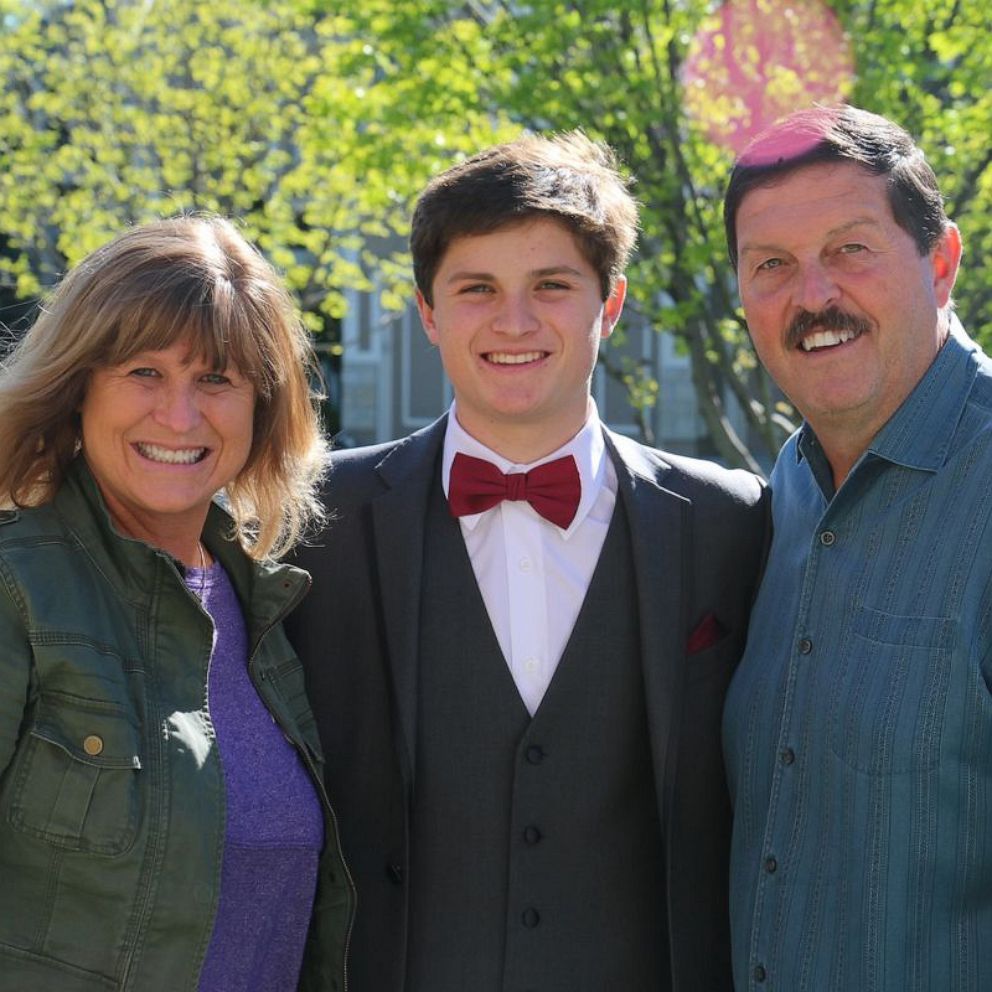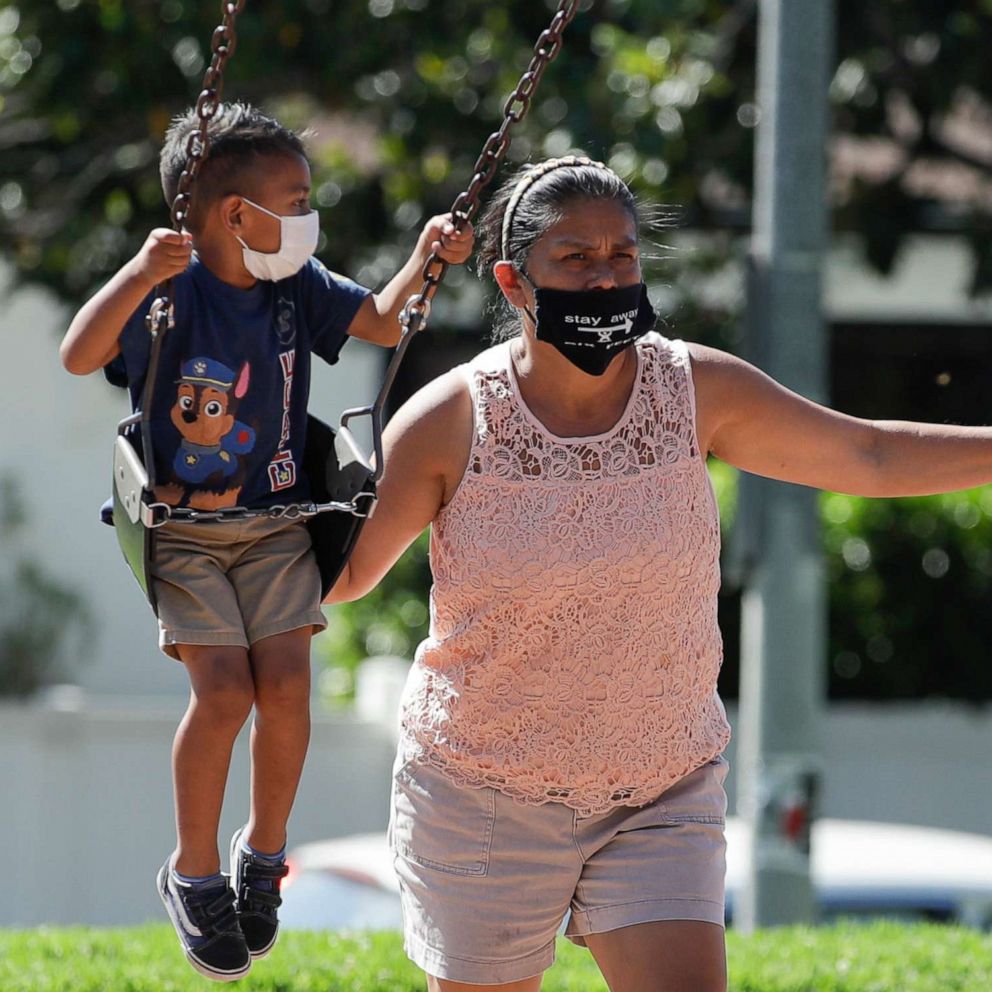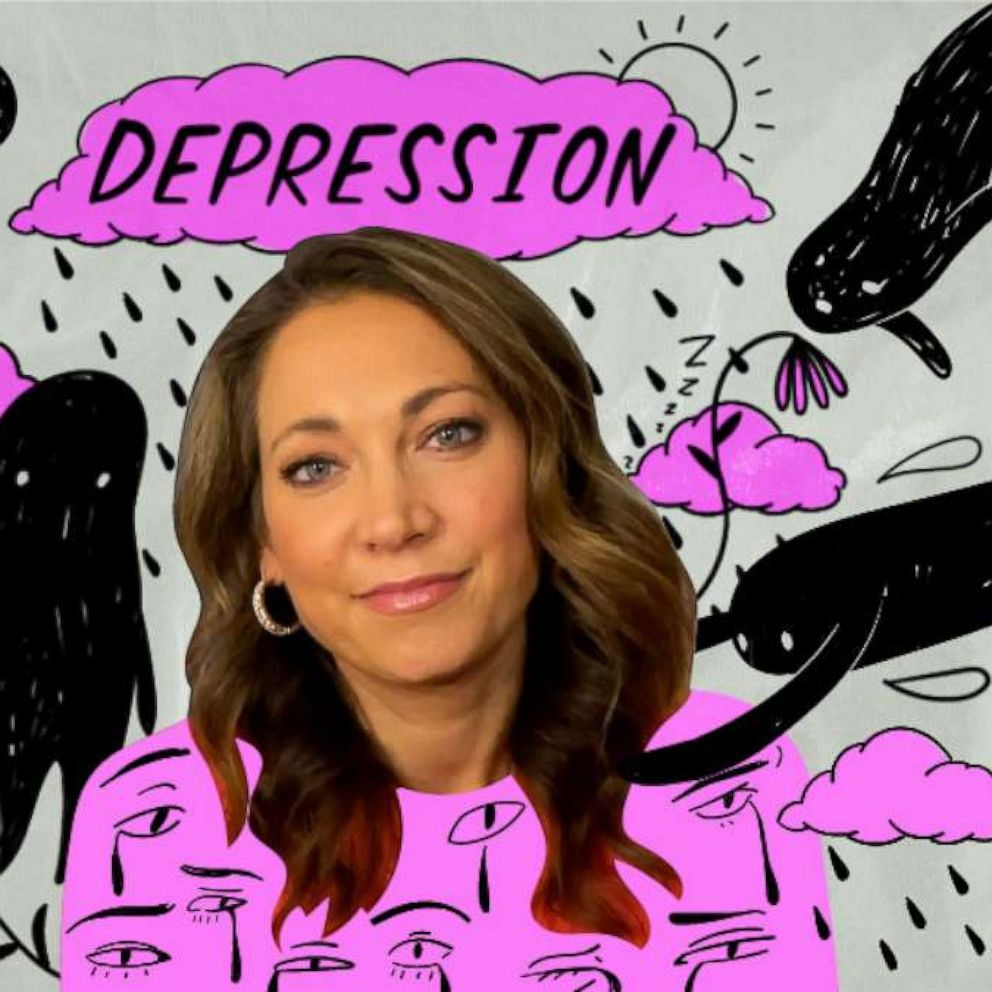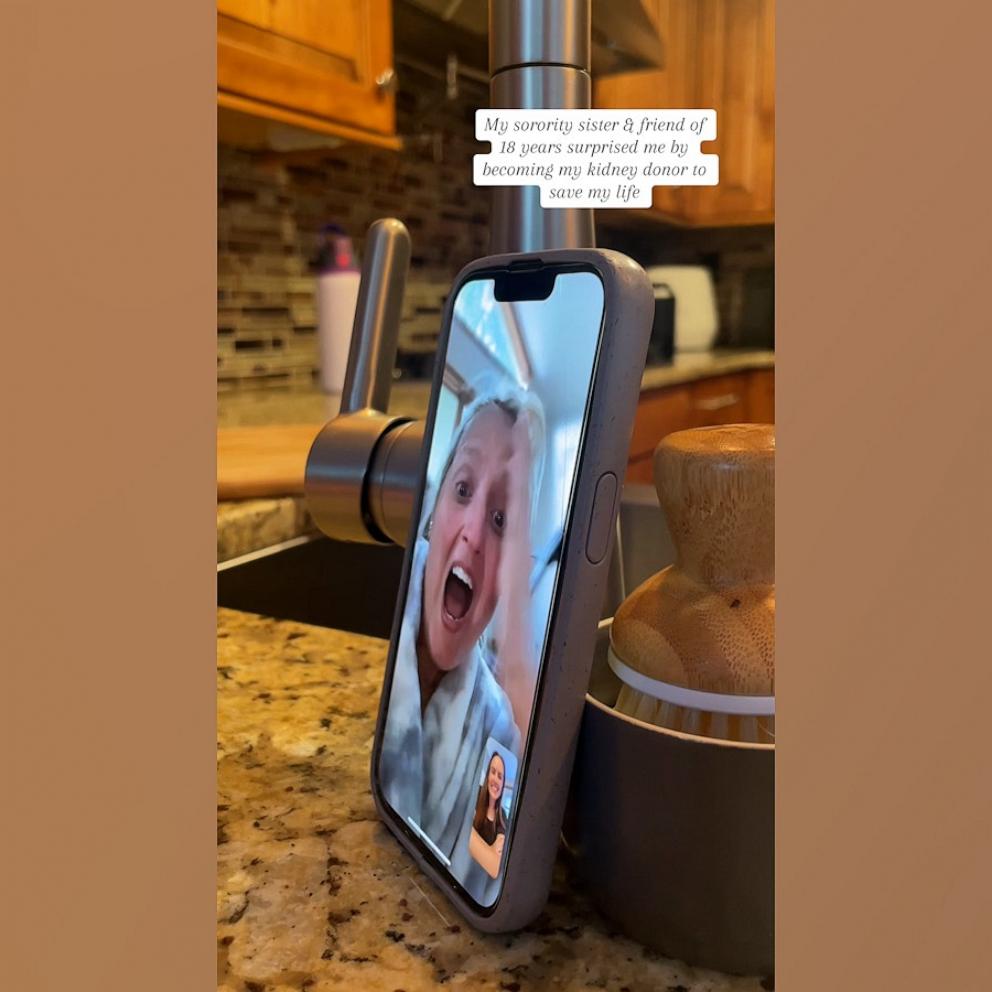1 in 3 teens reported poor mental health during pandemic, study finds
The pandemic has taken a toll on all Americans' mental health, but now, a new study from the Centers for Disease Control and Prevention reports that more than 1 in 3 high school teens dealt with poor mental health during the pandemic, and 1 in 5 reported considering suicide.
"Our study examined how recent adverse childhood experiences, or ACEs, are contributing to poor mental health and suicidal behaviors among adolescents," said Dr. Kayla Anderson, senior study author and expert with National Center for Injury and Prevention Control.
Over 4,000 teens participated in a 100-question online survey. Nearly 3 in 4 teens reported at least one adverse childhood experience -- such as bullying, loss of a parent or violence -- during the pandemic.
Prior research has established a link between adverse childhood experiences and an increased risk of chronic health conditions, changes in behavior, depression, anxiety and suicidal behaviors.
Researchers asked teens if they had experienced electronic bullying, teen dating violence, caregiver loss, food insecurity, sexual violence or emotional abuse during the pandemic.

Students who said they had experienced one or two of these events were twice as likely to report poor mental health and three to six times as likely to report suicidal behaviors. Meanwhile, students who reported experiencing four or more of these negative experiences were 25 times more likely to report a suicide attempt.
Experts said the changes in teen's mental health may be related to stressors from the pandemic.
"With COVID-related threats to health, events in the news, and the accessibility of information online, it's hard to insulate yourself from the stress, and has been even harder to find stability, support and connection -- which is what teens need most at this stage of their lives," said Dr. Neha Chaudhary, chief medical officer at BeMe Health and child and adolescent psychiatrist at Massachusetts General Hospital and Harvard Medical School.
Because suicide has been the second-most common cause of death among those ages 10 to 14, mental health professionals say more research is needed to address the influence the pandemic has had on mental health in this vulnerable population.
Ways to help boost teens' mental health
Adults can help teens and children by creating safe environments free of bullying, online harassment and violence, according to mental health experts.
"Teen mental health has become a public health emergency, and it's time we started taking real, actionable steps to do something about it," said Chaudhary.
According to experts, anyone can be an advocate for adolescent mental health.
"We must connect struggling adolescents to timely, effective care. Young people need all of the support we can give them," Anderson said.
If you are experiencing suicidal, substance use or other mental health crises, please call or text the 988 Suicide & Crisis Lifeline. You will reach a trained crisis counselor for free, 24 hours a day, seven days a week. You can also go to 988lifeline.org.
Tiffany Russ, D.O., M.S., is an anesthesiology resident physician at the University of Washington and is a member of the ABC News Medical Unit.







